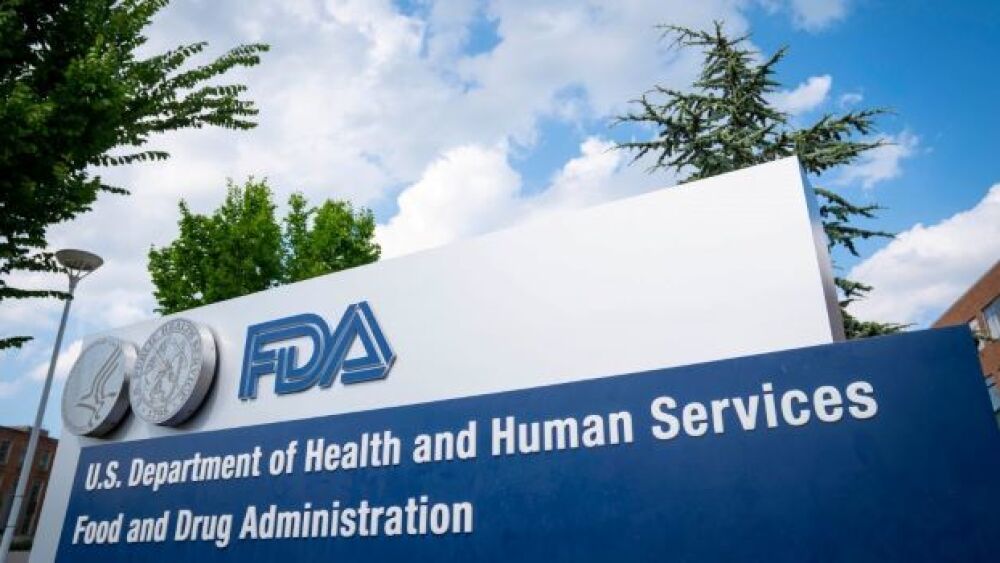The FDA has issued a Complete Response Letter (CRL) for TV-46000/mdc-IRM (risperidone extended-release injectable suspension for subcutaneous use) to Teva Pharmaceuticals and MedinCell.
Courtesy of Sarah Silbiger/Getty Images
Tuesday brought frustrating news for a big pharma company and its partner as the U.S. Food and Drug Administration has issued a Complete Response Letter (CRL) for TV-46000/mdc-IRM (risperidone extended-release injectable suspension for subcutaneous use) following Phase III results from two studies spearheaded by Teva Pharmaceuticals and MedinCell.
The drug, which is being developed for the treatment of schizophrenia, is intended to be administered either once per month or once every other month.
While Teva and MedinCell have worked together to bring TV-46000 to patients, the formulation relied heavily on MedinCell’s proprietary BEPO extended-release technology.
CEO of MedinCell, Christophe Douat, commented on the CRL and communicated confidence.
“We fully trust that our partner, Teva, will remedy this quickly given the positive results of the Phase 3 studies. Teva remains confident in MedinCell’s technology for the development of extended-release injectable products.”
The safety and efficacy of TV-46000/mdc-IRM is supported by the Rise Study, TV46000-CNS-30072, as well as the Shine Study, TV46000-CNS-300078. The Rise Study evaluated 544 patients from adolescence to late adulthood. The primary endpoint measured a patient’s time to impending relapse and demonstrated efficacy as relapse occurred between 3.5 and 5.0 times, at week 24.
While no safety concerns arose, adverse reactions such as weight gain and inflammation of the respiratory system occurred. The Shine Study evaluated 331 patients’ tolerability and long-term safety of TV-46000 treatments. The primary endpoint measured the frequency of adverse events.
Schizophrenia affects 24 million people globally, according to the World Health Organization. Symptoms range from delusions and hallucinations to slow movement and disorganized thinking. Patients diagnosed with schizophrenia are considered disabled, are often high stigmatized, and are more likely to die early than those without the disorder. The rate of relapse is the most common indication of a patient’s improvement or decline, a conglomeration of the aforementioned symptoms.
New Jersey-based Teva develops generic medications, along with biosimilars and specialized medications. The company boasts of having a portfolio of over 3,5000 products in a range of indications.
The NDA in schizophrenia was accepted in August 2021. At the time, Teva’s vice president and global head of research and development, Dr. Eran Harary, commented on the potential of TV-46000.
“It is crucial to provide patients and prescribers with treatment options that have the potential to reduce relapse rates to help manage and stabilize the disease over time…We are committed to investigating the full potential of our subcutaneous long-acting injectable (LAI) formulation of risperidone for the treatment of this complex and burdensome illness,” he said.
MedinCell is headquartered in Montpellier, France, and brings extensive experience of long-acting injectables to the table. The BEPO technology enables a controlled release of the drug, extending efficacy and minimizing the frequency of medication.





